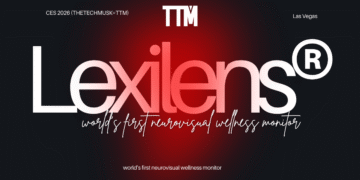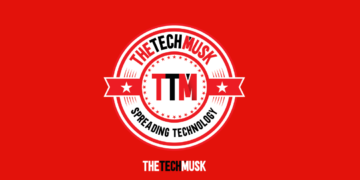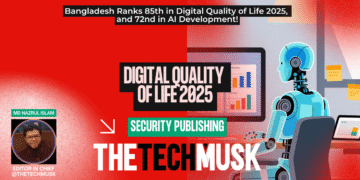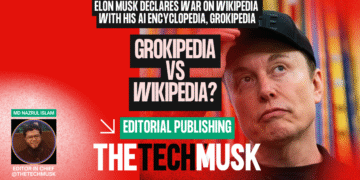In late October 2025, Elon Musk’s AI-venture xAI quietly launched Grokipedia — a bold attempt to reshape how public knowledge is curated and consumed online. This trend analysis will provide historical context to the project, assess its present-day implications for tech, media, and society, and offer forward-looking predictions about its trajectory and wider impact.
Grokipedia is more than a quirky side-project of Elon Musk — it is a manifestation of deeper shifts in how knowledge is curated, distributed, and contested in the AI era. In one sweep it challenges Wikipedia’s dominance, raises urgent questions about bias and trust in knowledge repositories, and signals a convergence of platform strategy, AI capability, and ideological positioning.
For tech-industry watchers, this means: content infrastructure is up for grabs; rival platforms backed by AI and charismatic founders may reshape not just how we search, but how we believe. For media, Grokipedia is a live experiment in the promises and perils of AI-powered knowledge. And for society, the stakes are high: the integrity of public knowledge may increasingly depend on whose AI we trust, what base data it uses, and who steers the underlying algorithms.
As we watch Grokipedia’s next moves — its content growth, governance evolution, public take-up, and trust metrics — we should ask: Will it evolve into a credible alternative, a specialized niche, or a cautionary tale in the AI-knowledge race? Either way, it is a milestone in the ongoing story of how humans and machines cohere around truth.






















